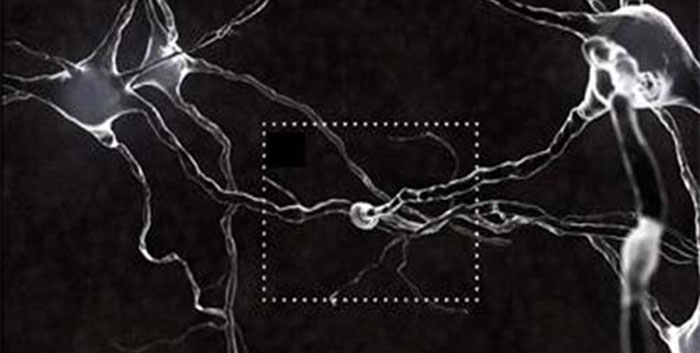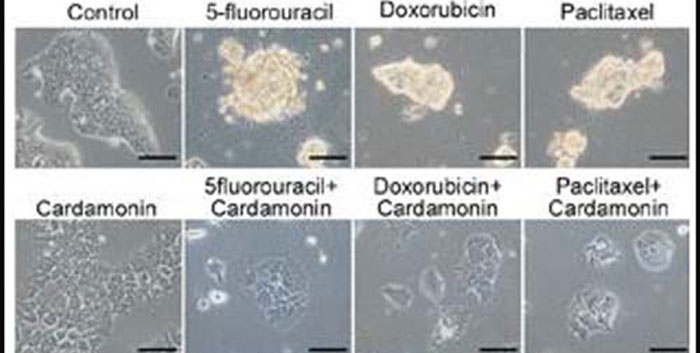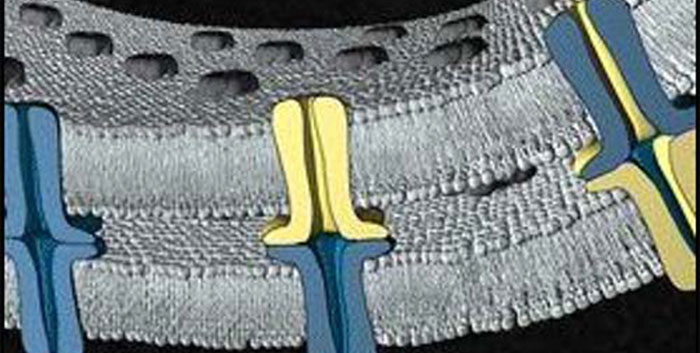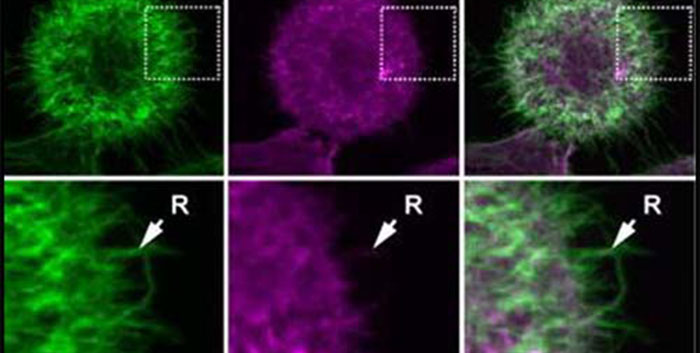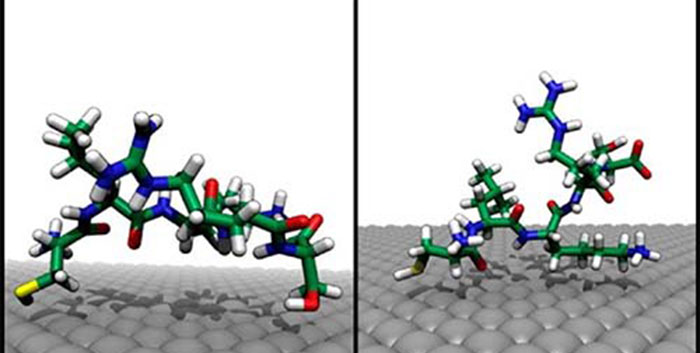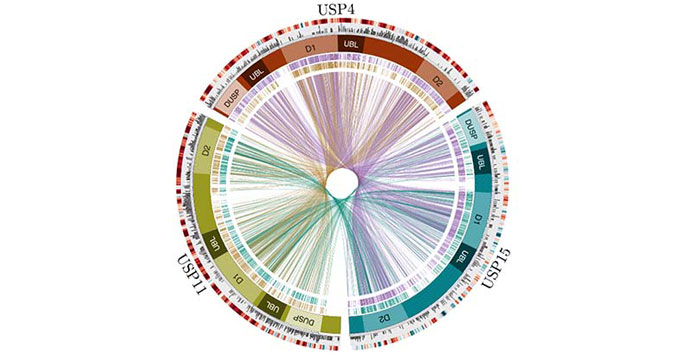The Biochemistry graduate program gives students the molecular fundamentals of life processes and appropriate investigative training at the MSc and PhD level.
Students can perform research in a variety of subjects, such as the analysis of detailed aspects of molecular structures and the study of the integration of metabolism in whole animal systems.
Graduate students are also actively involved in laboratory bench work, course work, and oral and poster presentations at national and international. They acquire autonomy in conducting research and in preparing publications.
This broad, basic science background prepares students for career in a number of different work environments: teaching and research in an academic setting; research and administration in the biotechnology or pharmaceutical industry; or health related disciplines in the public or private sector.

